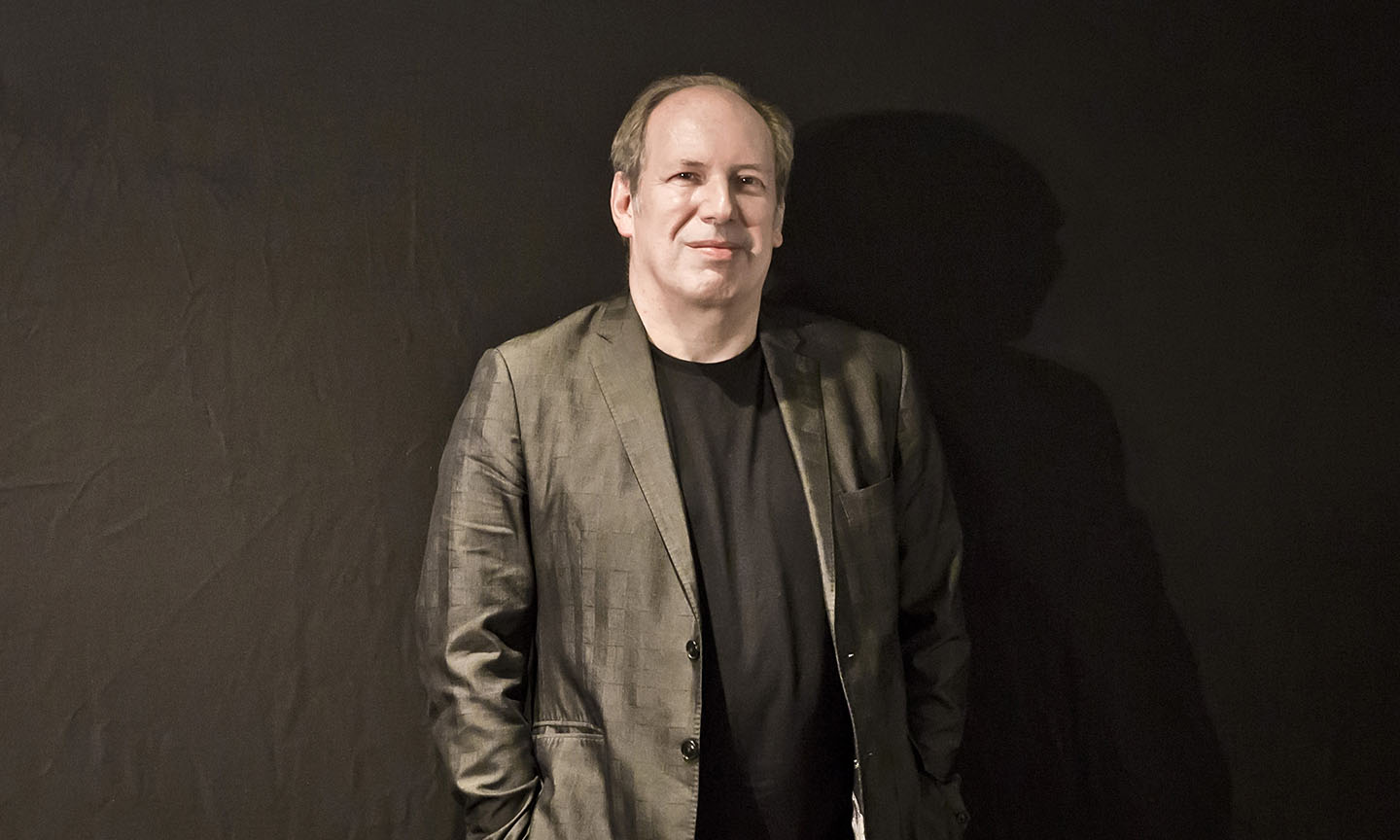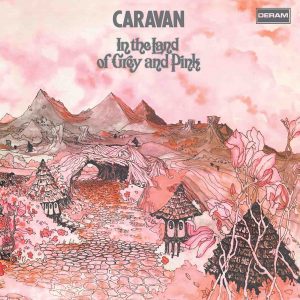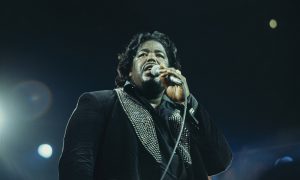Words such as “genius” and “iconic” are not to be tossed around lightly, but in the case of Hans Zimmer, the adjectives are well chosen. A Daily Telegraph critical poll published in 2007 placed the German composer and soundtrack wizard on its list, slightly ahead of fellow soundtrack master John Williams, so he resides in the highest company.
Born Hans Florian Zimmer, in Frankfurt am Main, on 12 September 1957, this musical polymath has composed music for over 150 films, the latest of which is possibly his most startling to date. His tumultuous score for Blade Runner 2049 is a sustained piece of work every bit as riveting as the film itself and, like all his best endeavors, complements the action.
That much is true of the original Lion King, which is a thing of wonder. The soundtrack, released by Walt Disney Records, was the fourth best-selling album of the year on the Billboard 200, and the top-selling soundtrack. More than a phenomenon, it is the only such soundtrack to be certified Diamond (which means it went ten times Platinum). The full score didn’t see the light of day in instrumental form until the 20th-anniversary reissue of the soundtrack, but by then Hans Zimmer already had the Academy Award for Best Original Film Score in his locker.
Zimmer is a go-to man for epic movie music: his ability to combine electronic sound with organic source material is one of his winning traits, and his work on The Pirates Of The Caribbean franchise redefined the genre. For Dead Man’s Chest, he utilized electronic beats, pipe organs, and experimental classical styles, while The Curse Of The Black Pearl tipped the mood into different territory.
Zimmer loves the challenge of matching sonic extravaganzas to eye-watering action. His score for Gladiator, on which he worked with the Australian musician Lisa Gerrard, aimed for the stratosphere with classical nods towards Gustav Holst and Richard Wagner, but then he is equally brilliant when tapping into the mood of a more light-hearted film, such as the underrated comic western The Lone Ranger (starring Johnny Depp), in which a more playful approach undercuts the sheer fun and fancy of the adventure.
Despite his obviously glittering aesthetic, Hans is no dilettante snob. He played a part in the original Buggles project, with Geoff Downs and Trevor Horn casting him in the 1980 promo for ‘Video Killed The Radio Star’ (wearing black and playing a keyboard), and he even produced a single for punk firebrands The Damned that same year: ‘The History Of The World (Part 1)’.
A fiendishly exacting and scrupulously ardent perfectionist he may be, but he also understands the merits of the commercial marketplace. Zimmer’s critically acclaimed European tour of 2016 arrived at the sold-out O2 Arena in the Czech capital of Prague, bringing with it a supporting cast of 72 musicians, including a full choir, symphony orchestra, and his own 21-piece hand-picked backing band, featuring guitarist Johnny Marr (of The Smiths fame) and many of the Academy Award-winning composer’s closest friends and collaborators. That night, the sell-out, 17,000-strong crowd witnessed an incredible live show of music from Hans’ unparalleled career, captured for posterity on the Live In Prague DVD and live album.
Hans’ career has seen him lend his hand to some of cinema’s greats, working alongside acclaimed directors including Ridley Scott, Michael Bay, and Christopher Nolan. Live In Prague gives fans of the films – and the composer’s work – the perfect seat to see the musical maestro in action, set to a groundbreaking, immersive light show, stunning visuals, and award-winning state-of-the-art live audio production. Classical modernism doesn’t get better than that.
Given his vast output and incredibly prolific nature, it would take a book or three to document Zimmer’s entire career, but we love the chance to rediscover marvels such as the sci-fi mind-bogglers Inception and Interstellar, and the scores to that lovable brace of fun-for-all-the-family films, Madagascar and Madagascar: Escape 2 Africa.
Further back in time are scores for Barry Levinson’s Rain Man and Penny Marshall’s Renaissance Man, the 1986 Grammy win for Crimson Tide, and Zimmer’s unforgettable score for The Prince Of Egypt. Evidently a wise and generous talent, Zimmer has also branched out into the world of dance music. One of his friends and protégés is the multi-instrumentalist and trance/big beat ace Antonius Tom Holkenborg, better known in musical circles as Junkie XL, or simply JXL. Tom says the two men get on like a house of fire, bouncing ideas off – and never being afraid of critiquing – each other. They got together for Batman V Superman: Dawn Of Justice, Hans following that with a much more low-key score to Sean Penn’s The Last Face.
Above all, Hans fully understands the milieu he’s born to occupy. It’s that all-immersive, hairs-on-the-back-of-the-neck thrill that cinema-goers experience when they catch the trailers for any film that he has scored: moments he describes as “like huge foghorns over a city, something that lasts seconds and shakes the seats in the theatre”.
As the child of German émigrés who’d escaped to England in 1939, Hans Zimmer knows about darkness and yet values optimism, and has had a truly global impact on both the worlds of music and movies. His has been a most extraordinary career. He is, as he says, “a child of the 20th Century.” But, with a 21st-century mindset, he remains a startling talent who continues to provide the soundtracks to our lives.




